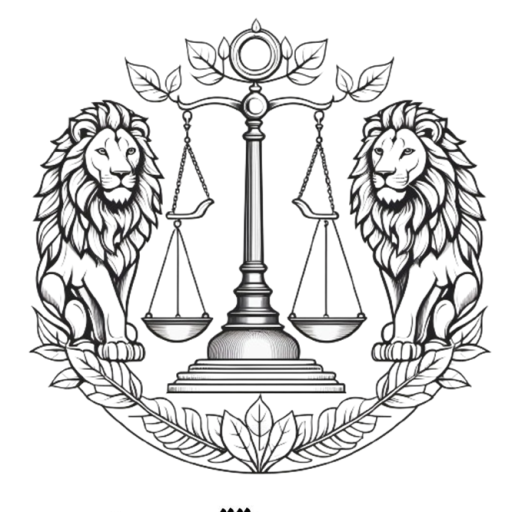Amirali R. Davoudpour
Iranian Canon of Medicine and Law, Administrative Wing of Law and Healing Association, Iranian
Watchdog of Medicine and Law, Tehran-Iran
Email of the corresponding author: davoudpour@canmedlaw.org
Accepted and published August, 2024 , DOI: https://doi.org/10.5281/zenodo.13292922
This article is published under CC BY creative common license that Allows others to distribute, remix, adapt, and build upon the work, even commercially, as long as they credit the original creator.
Abstract
The Middle East, historically encompassing territories from Palestine to the regions near India,
includes vast lands such as Lebanon and Syria, once integral to the Roman Empire. The remnants
of Aladdin Keykubat’s castle in Alanya and the Achaemenid ruins in Cappadocia, now in modernday Turkey, underscore the region’s deep historical significance, marked by a cohesive genetic,
cultural, and historical identity. Yet, despite this unity, the Middle East remains one of the most
politically fragmented and sectarian regions globally, plagued by internal conflicts and external
interventions. This article examines the historical unity and subsequent political fragmentation of
the Middle East, with a focus on religious sectarianism, colonialism, modern nationalism, and
genetic commonalities. It also discusses the potential for fostering Internationalist ideology in the
region, starting with economic, trade, and tourism cooperation.
Keywords: Internationalism, Middle East, Terrorism
